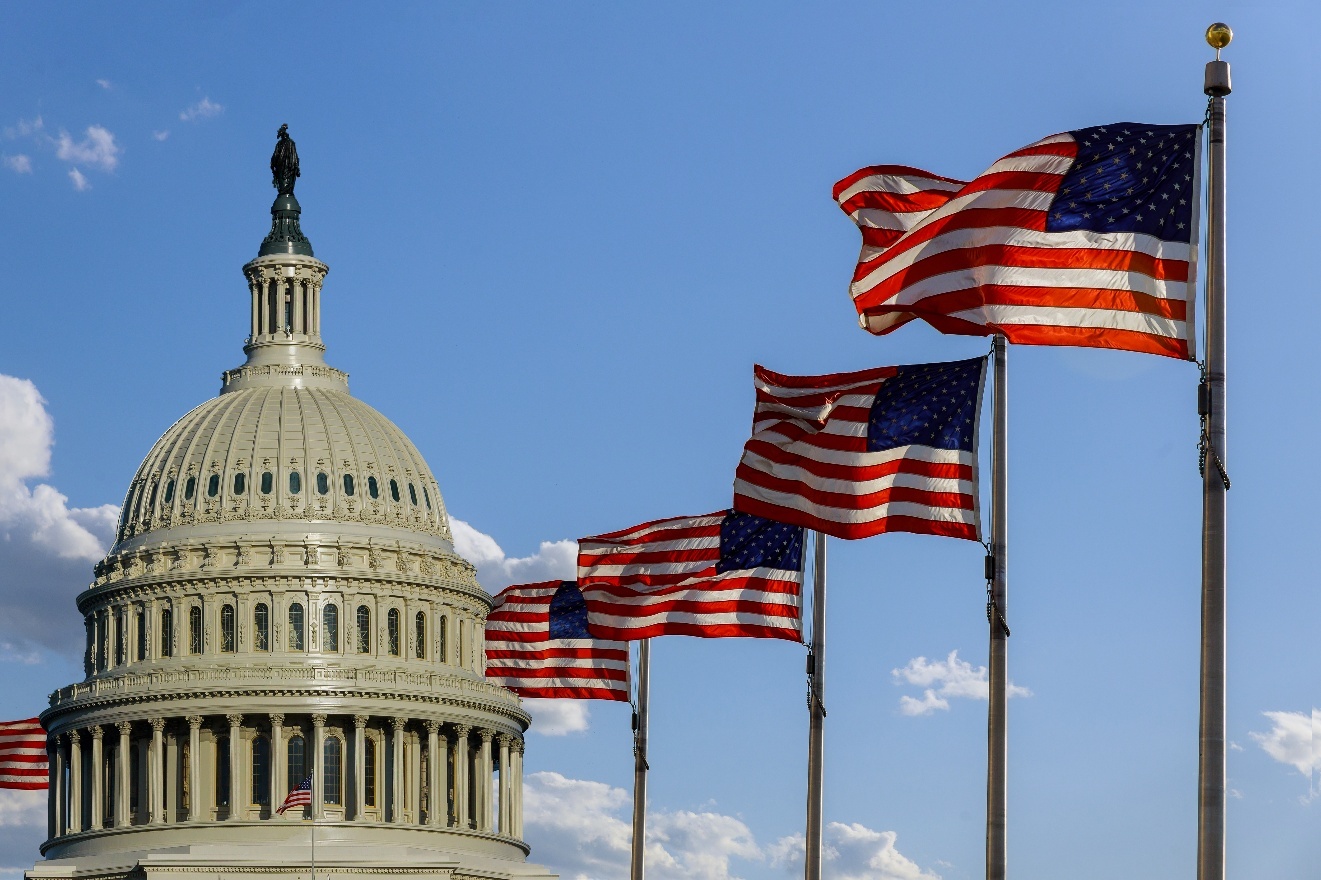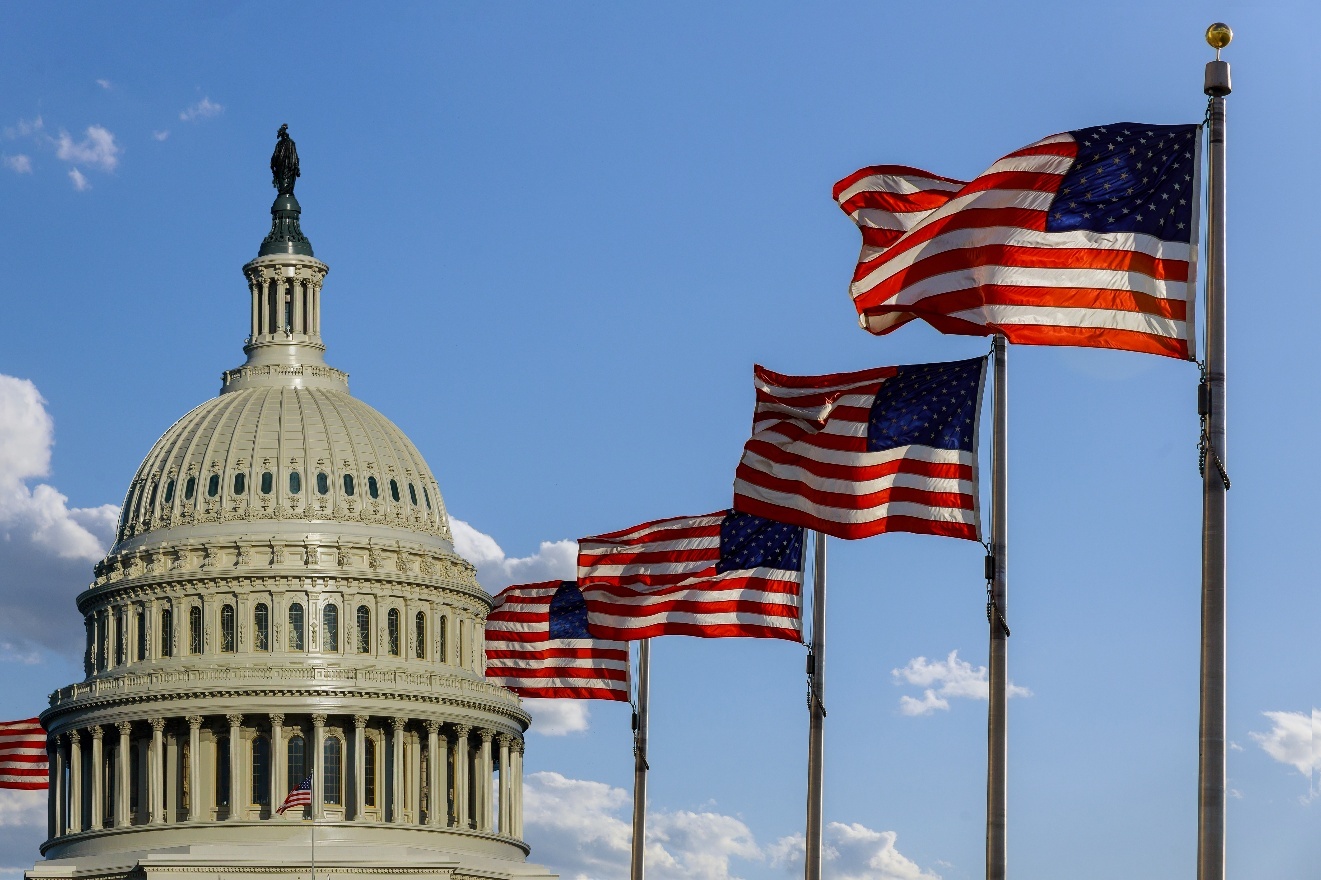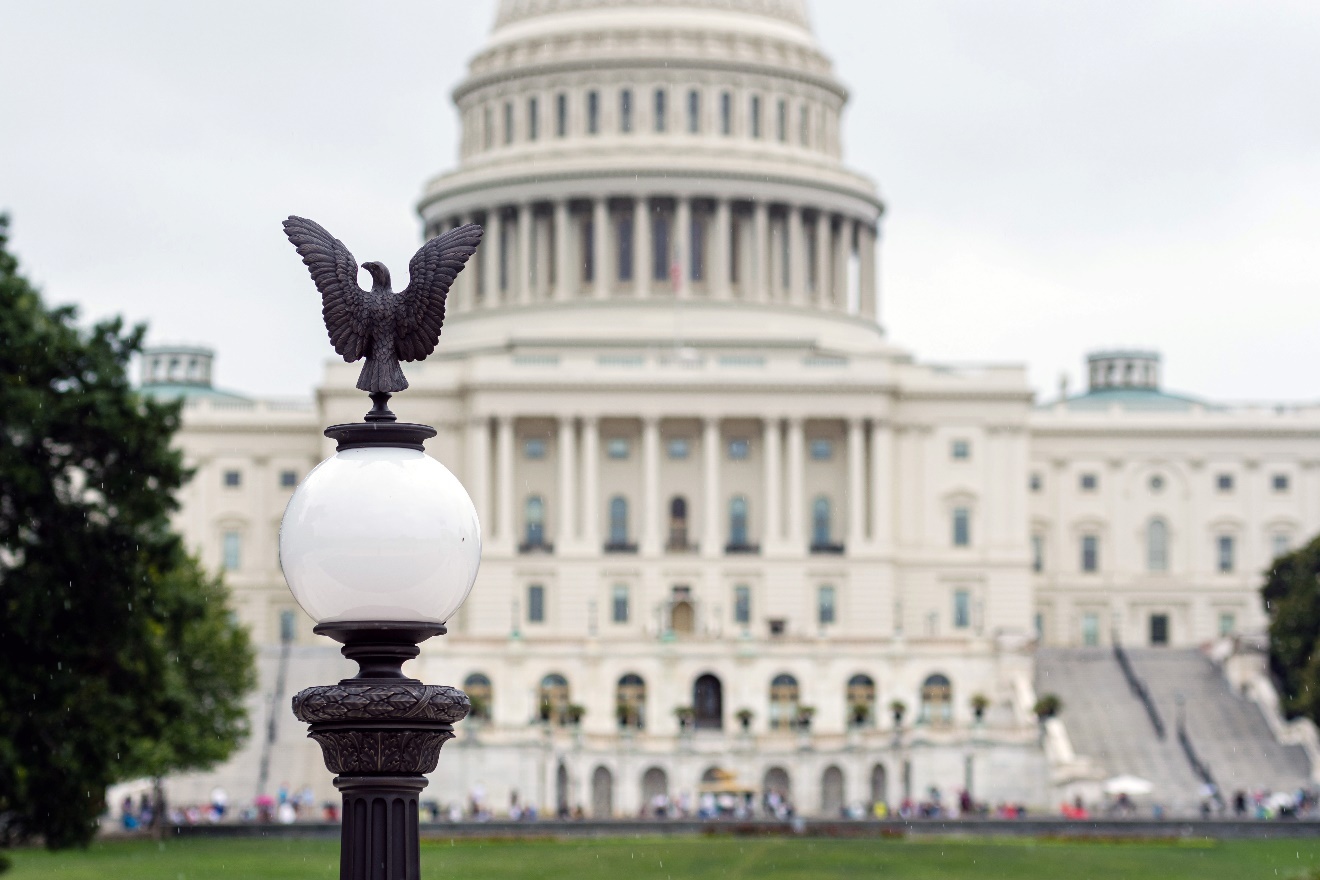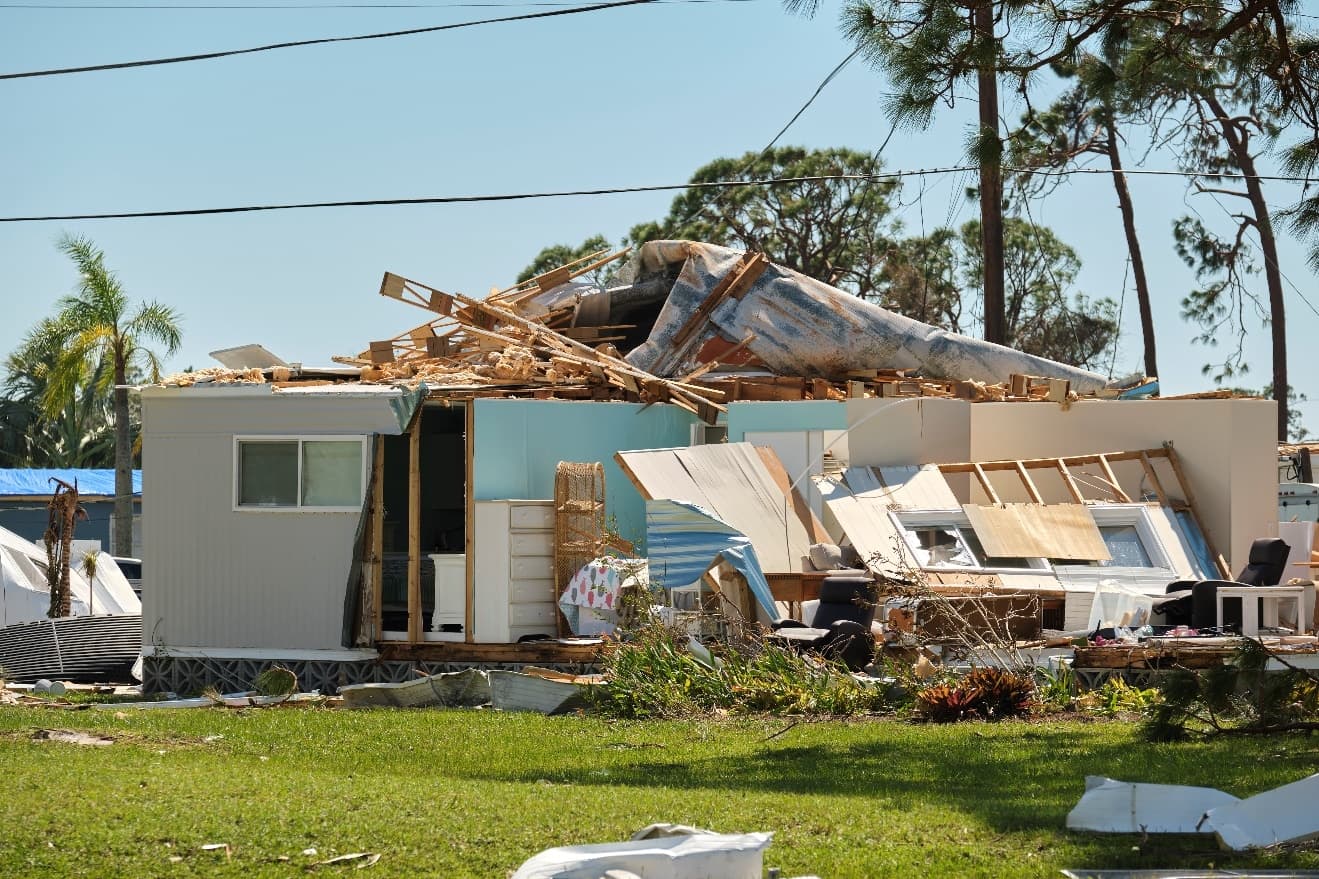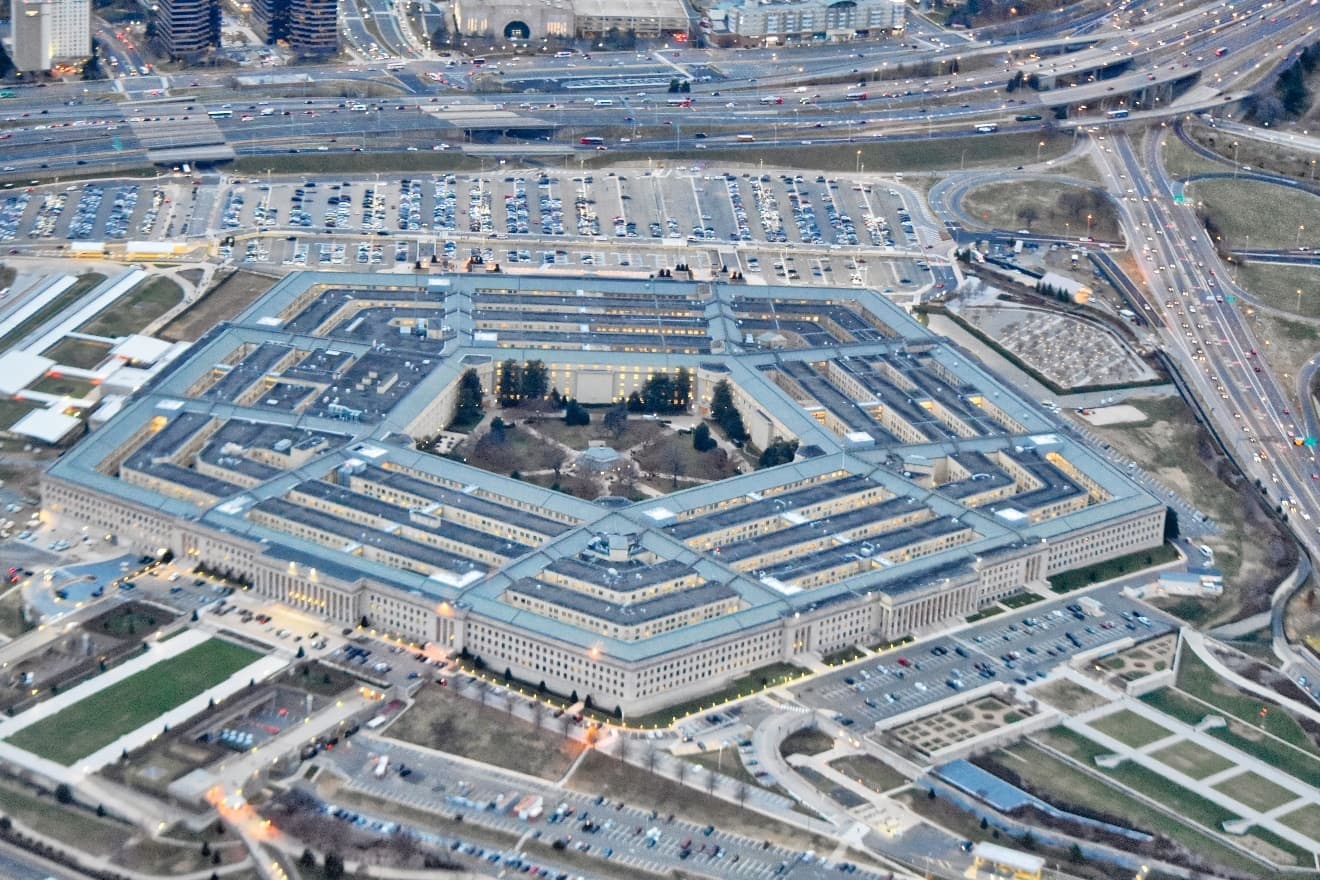
Government contracting can seem complex and intimidating, especially if you’re new to the process, but it also offers huge opportunities for businesses of all sizes. Whether you’re curious about how to get started, what types of contracts exist, or how small businesses can compete, this guide answers the pressing question “What is government contracting?” as well as some of the most common questions about government contracting and what it takes to succeed in the federal marketplace.
From bidding basics to certifications and contract types, understanding the fundamentals can help you avoid common pitfalls and position your business for long-term success. Below, we break down the key concepts and provide clear, practical answers to help you navigate the world of government contracting with confidence.
What Is Government Contracting?
Let’s dive right in and talk about the basic idea of government contracting. The United States federal government purchases all of its goods and services from the private sector. This includes everything from disaster relief supplies to copy paper to computers to tanks and military aircraft.
Government contracting not only helps provide the goods and services needed to serve the American people, but it also acts as an investment in U.S. businesses, helping to strengthen the economy.
Each government agency needs products and services, and each agency employs contracting officers, or procurement agents, to handle the contracting process. Potential contractors must follow a myriad of rules and regulations to bid and fulfill contracts.
Can Anyone Bid On Government Contracts?
In theory, yes — any legally registered business can bid on government contracts. However, there are certain requirements you’ll need to meet first. Most federal contracts require businesses to be registered in SAM.gov (the System for Award Management), have a valid UEI number (Unique Entity Identifier), and be able to meet the contract’s specific qualifications, such as experience, financial stability, or technical capabilities.
For small businesses, there are even special opportunities, like set-aside contracts, but you’ll need to qualify under SBA (Small Business Administration) size standards and, in some cases, be certified (e.g., 8a certification, WOSB, HUBZone). While the government marketplace is open, being truly competitive requires preparation, compliance, and a clear understanding of how the procurement and bidding process works. For the next few questions, we will discuss some of the terms mentioned in this section.
What Is SAM Registration?
SAM is the database that contains information about every government contractor, and you must have an active SAM registration to bid on government contracts. SAM registration is the process of applying for approval to work as a government contractor. The government does not charge any fee to register in SAM, but the registration process is quite complicated and often frustrating.
At Federal Contractor Registry, we can complete your SAM registration quickly and 100% accurately, saving you as much as 10-12 hours, which is how long the process often takes, especially for those unfamiliar with contracting and government procurement.
We also can provide you with SAM renewal services, and you must renew your account every year. If your account becomes inactive, you are no longer eligible to bid on contracts. Because it can take time for your renewal to be approved, we recommend that you contact us for this service at least six weeks before your SAM expiration date.
What Is The UEI Number?
The government asks for a lot of information when you register with SAM, and one item they need is your Unique Entity Identifier. In the past, the government requested your Data Universal Numbering System (DUNS) number, but that has been phased out.
The UEI can be acquired at SAM.gov, but again, this process can be time-consuming and frustrating. If you contact our team, we will obtain the UEI number for you as part of our SAM registration services. If you already have a SAM account, active or inactive, the government automatically will have assigned you a UEI, so this step can be skipped for renewals.
What About SBA Government Contracting?
In a section above, we talked about SBA set-aside contracting programs for qualifying small businesses, but what is a small business set aside, and should you apply? The government sets aside a portion of contracts solely for small business owners, and these are known informally as set-asides.
There are several types, including the 8(a) Business Development Program (aka 8a certification), the Woman-Owned Small Business (WOSB) set-aside, the Service-Disabled, Veteran-Owned Small Business (SDVOSB) set-aside, HUBZone certification and more.
A HUBZone is a historically underutilized zone. These zones often are found in economically challenged urban areas as well as rural areas, where businesses often struggle. The businesses must be at least 51% owned and operated by U.S. citizens, a Community Development Corporation, an agricultural cooperative, a Native Hawaiian organization, or a Native American tribe. In some cases, areas affected by extreme natural disasters also qualify as temporary HUBZones to help rebuild businesses in the area.
At Federal Contractor Registry, we can determine if your business qualifies for any set-asides and help you sign up with the Small Business Administration and apply for these set-asides. This step is included in our SAM registration fees for applicable small businesses.
How Can I Find Government Contracts?
Once your SAM registration is approved, you will be assigned a Commercial and Government Entity (CAGE) code. Once you have your CAGE code and an active account, you can begin bidding on contracts, but where can you find these contracting opportunities? Here are a few places to search:
- SAM.Gov
The official site for all federal contract opportunities over $25,000. Create an account and set up saved searches based on your industry.
- Sign up for SubNet
This is an SBA database for subcontracting opportunities with prime contractors. Subcontracting is an excellent option for small businesses or any business just starting out with government contracting jobs. The prime contract handles all the back-and-forth with the government agency; you gain valuable knowledge and experience.
- Check Agency-Specific Sites
Some agencies, such as the Department of Defense (DoD) and the Department of Homeland Security (DHS), have their own procurement portals with unique opportunities. As a side note, you do not necessarily need security clearance to bid on DoD contracts or DHS contracts. For instance, if you are providing office supplies or office furnishings, security clearance won’t be a factor.
- Set Up Automated Alerts
Configure email notifications for contracts matching your NAICS codes and capabilities. NAICS stands for North American Industry Classification System, and these codes describe your exact goods and services. You can find your codes at Census.gov, or we can find them for you during the SAM registration process.
- Research State & Local Government Sites
It’s not all about fed contracts! Most states, counties, and cities have dedicated procurement portals for non-federal opportunities. Working with a state or county agency can be a great option to consider, and there’s often less competition for these contracts than with federal agencies.
- Attend Procurement Events
Many agencies, including state and local agencies, will offer workshops and industry days. These may provide advance notice of upcoming contracts as well as provide valuable information about the bidding process, Federal Acquisition Regulations (FARs), and contracting in general.
In general, whether you opt for federal contracting or state/local contracts, you will want to look for government contract jobs that match your capabilities and past performance. It’s usually best to start with smaller opportunities to build past performance before pursuing larger contracts.
Get Started With SAM Registration!
We hope this has helped you understand a bit more about what is government contracting. Our website blog contains further information about many other pertinent contracting topics, so be sure to check it out. If you are ready to dive into the world of contracting and would like us to handle your SAM registration, simply click on the green New Registration tab on our homepage and fill out our quick contact form.

